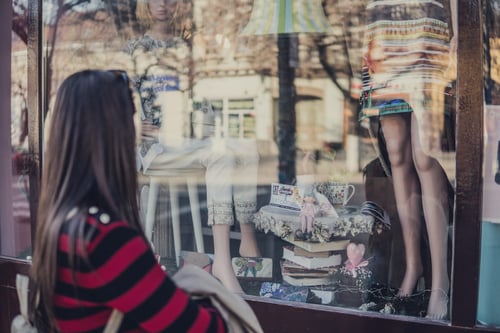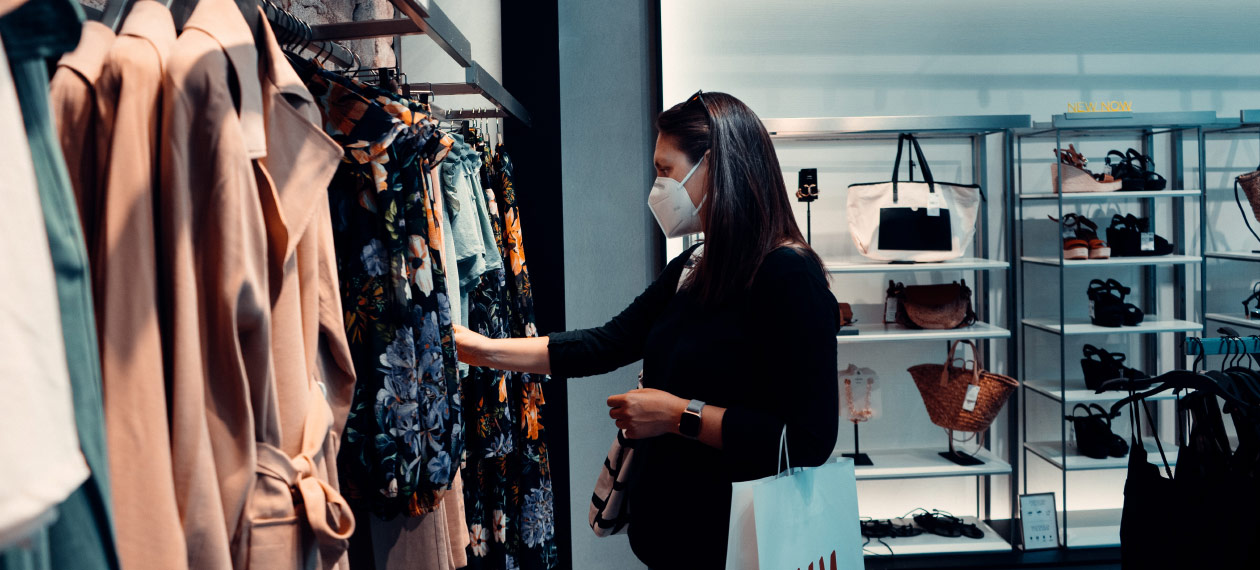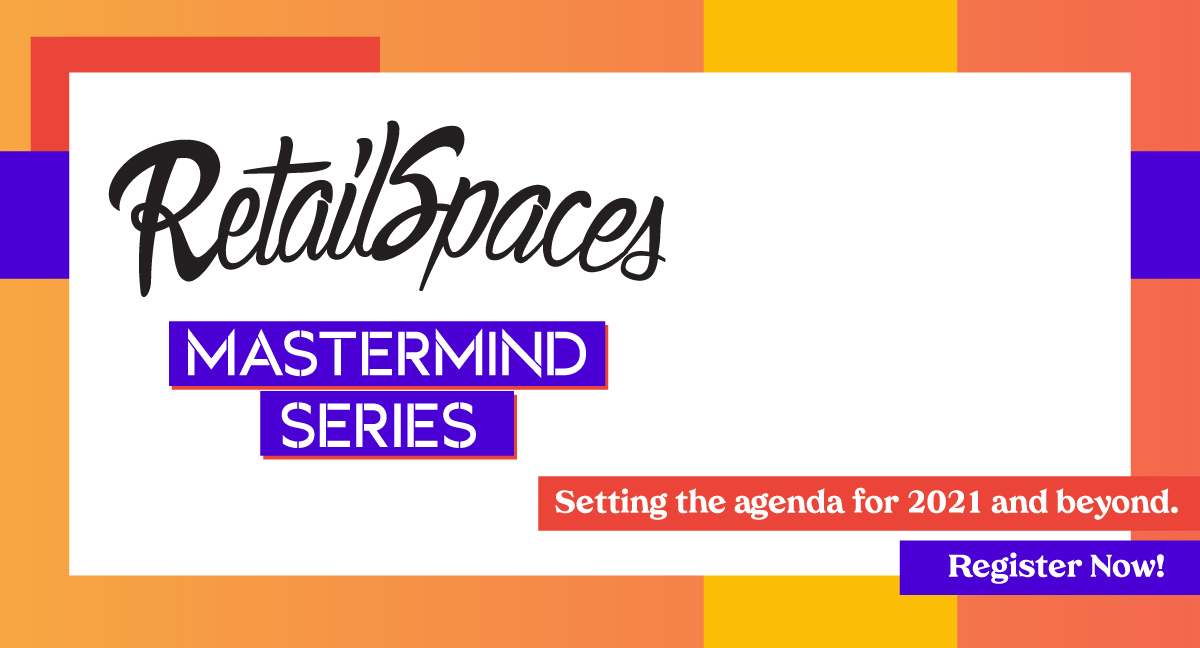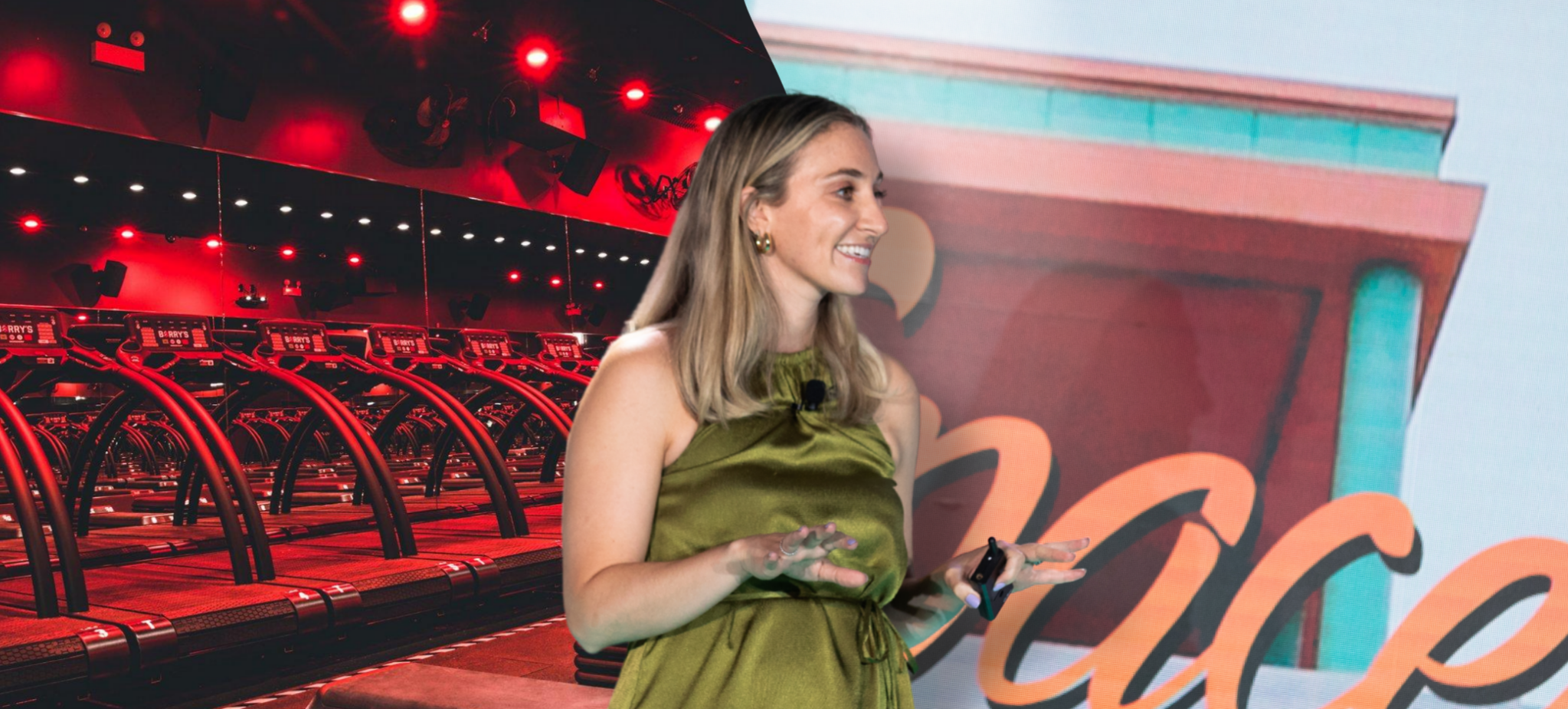When the COVID-19 pandemic began early this year, the world of retail was turned upside down.
Stores were shuttered as a way of slowing the virus' spread, making it difficult, if not impossible, for consumers to maintain their typical shopping habits.
Instead, they turned to technology to browse and order products, and utilized services such as curbside pickup to meet their needs.
As we enter the eighth month of the pandemic, many retailers have reopened, and customers have begun to return. But some elements of consumers' retail habits have been changed forever.
During RetailSpaces [Almost] Live, Kim Lear, generational expert and founder of Inlay Insights, discussed just what a changed consumer will look like.
"In the early days of the pandemic, there was a lot of conversation of this awakening of appreciation for simplicity," Lear said. "Rolling into the eighth month, we're seeing the limitation of that. That makes me hopeful, because we miss each other. We're seeing a resurgence of appreciation for communal life."
Not long after the beginning of the outbreak, Lear pivoted her research to examine the effects of the pandemic. When interviewing subjects, Lear said she often asks what is the first thing they would do if a vaccine were available.
"They want to go to ball games, concerts, religious services, a bar, dancing, go to a coffee shop," she said. "To me that is deeply hopeful. It makes me hopeful for the possibility of a renaissance, almost, from a community standpoint when this is all over."
But how that renaissance impacts retail, Lear said, will depend on the kind of economic recovery that occurs when the pandemic subsides.
And that will depend on the behaviors of a new type of consumer. Lear laid out three ways in which the customer has changed and how that evolution could alter the face of retail.
Relying On In-Person Experience
With many retailers closed to the public for several months amid the start of the pandemic, consumers were forced to seek their goods and services in other ways, mainly through the use of technology.
Whether that meant simply ordering products from their phone for delivery to their homes or ordering through an app for curbside pickup, consumers relied heavily on technology.
"We're witnessing a lot of tech fatigue from younger generations," Lear said.
"What people are looking for in physical environments out of this is going to be dramatically different from what they had out of their virtual experiences," she said.
Still, that doesn't mean they'll forego convenience in the process.
"Of course people want things to be convenient, want things to be friction-free," Lear said. "But because we have this hunger for connection that is so acute right now, going back to the physical environment of retail includes people who are looking for these forms of connection."
Additionally, Lear notes that retailers that facilitate human-to-human interaction will likely be the places that consumers seek out first.
That means there will be a “refocus” on frontline sales associates who traditionally have had more contact with customers. These employees will communicate to fulfill the needs or interactions that consumers will be hungry for, Lear said.
A Spotlight on Local
As the pandemic ends and recovery begins, second-tier and third-tier cities, such as Minneapolis, Nashville, and Columbus will likely see a strong rededication to local commerce, Lear said.
 |
"There was an incredible momentum for these local commerce eco-systems," Lear said of the beginning of the pandemic. "Communities felt so much pride in these places."
In fact, when a small business goes under, Lear said it reignites the dedication that community is having to their local businesses.
"There's a sadness for each one that goes under," she said. "Coming out of this for the local businesses that make it, they will have an unbelievable support system in their communities."
For example, in her city — Minneapolis — Lear said that consumers are championing around local retailers, such as Martin Patrick.
"Our community here is doing whatever it takes to keep these places open so after this we can go back to places like that," she said.
Purchasing Behavior
While consumers may be frequenting local establishments in person as the pandemic continues, they'll also be paying more attention to what they spend their money on.
"The other thing is the rise of conscious capitalism," Lear said. "It's been talked about for a long time, especially 15 years ago as millennials were starting to gain more and more control over consumer spending."
Yet, at that time, researchers found that millennials were still purchasing for convenience and cost rather than with their conscience.
"I think with Gen Z it is going to be very different," Lear said. "It's not just because of this exact moment. I remember five years ago when I started conducting interviews on college campuses in greater numbers, the way that young people were talking about capitalism, their awareness of it was, at the time, really shocking to me."
The change, Lear said, could be the result not specifically of the moment we're in, but because of Gen Z's experience growing up during the recession.
"They seem to have a really precise understanding that the best way to have your voice heard is to be merciless with where you put your money," she said.
While Lear foresees the above changes to consumers and their behaviors as a result of the pandemic, she's unsure if it will be a permanent change.
"I think a lot of it will depend on what the recovery looks like," she says. "COVID is serving as a great accelerator. People want to buy less and have more meaningful purchases. People are leaving the couch to have better, more meaningful experiences. I think trends like that are going to accelerate after COVID."

Posted by
Physical Retail Reimagined.
RetailSpaces is a community for store development and design innovators.
March 29-31, 2026 | San Antonio, TX
Learn More!









Comments